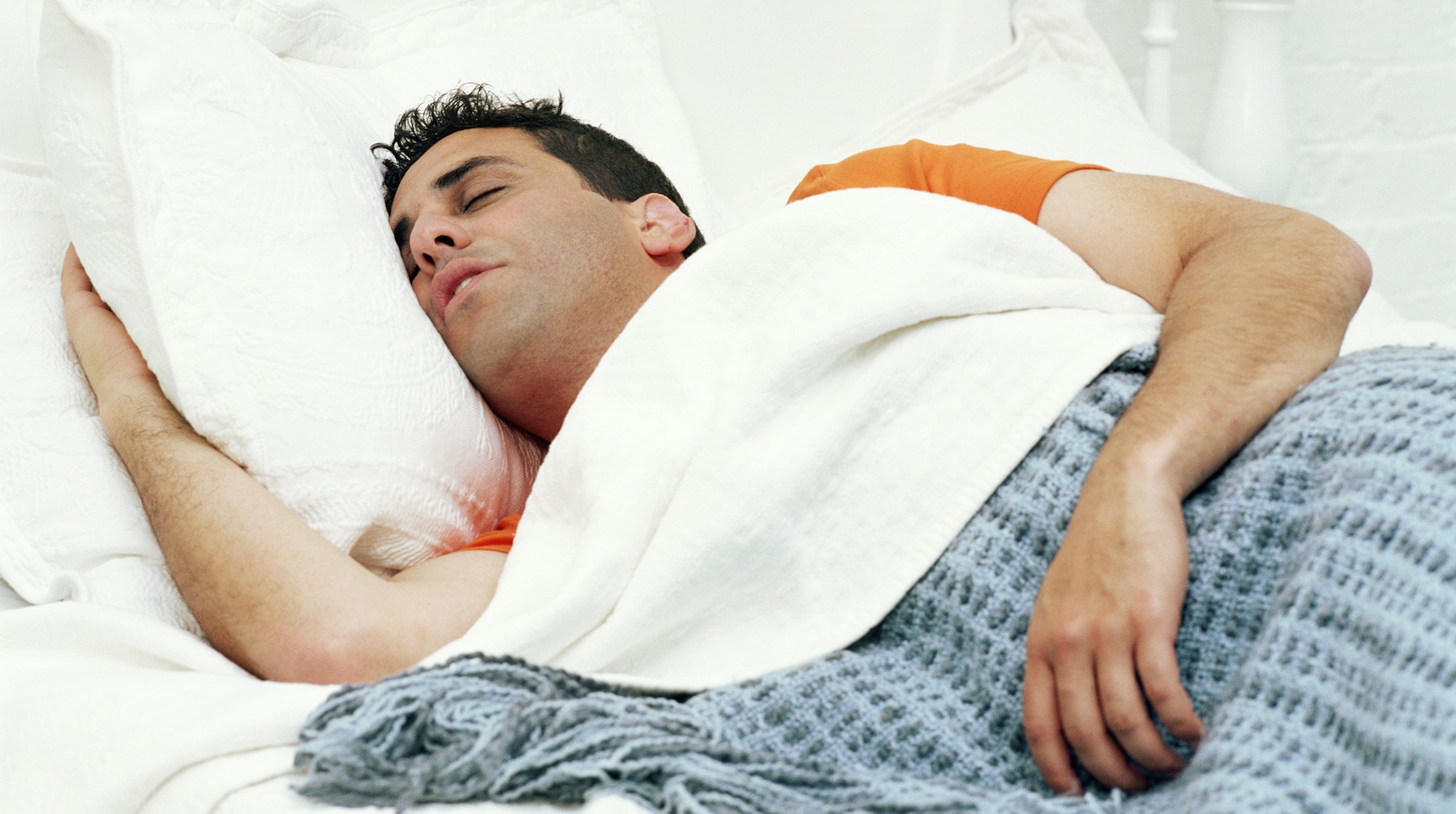Each week, OMRF President Dr. Stephen Prescott opens “Adam’s Journal” to answer a medical question from OMRF Senior Vice President and General Counsel Adam Cohen.
Adam’s Journal
Over the past several weeks, I’ve had increasing issues with my sleep. I’m okay falling asleep, but I’ll wake in the middle of the night or very early in the morning, and then I’m toast.
How can I return to more normal sleep habits? Should I be worried about an underlying health problem?
Dr. Prescott Prescribes
At one time or another, just about everyone experiences insomnia. As we age, it grows more common: A study of 9,000 adults 65 and older found that more than 40% reported problems falling or staying asleep.
So-called primary insomnia results from issues that occur only during sleep, such as sleep apnea or restless leg syndrome. These conditions, which we’re often clued into by our bedmates, are typically diagnosed through a formal sleep study, where you spend a night at a sleep lab hooked up to monitoring equipment. Then, doctors can prescribe various forms of treatment, like a CPAP machine and weight loss for sleep apnea or medication for restless leg syndrome.
Secondary insomnia is more common, and it stems from a variety of causes: underlying medical problems, stress, caffeine, alcohol, medication side effects, lack of exercise, and excessive noise or light in the bedroom. I’m guessing your sleep loss is of this variety.
To remedy your insomnia, try to figure out what’s causing it. If it’s an underlying medical condition like gastroesophageal reflux (GERD), treating the medical issue often resolves the insomnia. Similarly, if you’re taking medications, investigate if sleep loss is a side effect and whether a prescription change might help.
If none of this checks a box, the news is both good and bad.
On the upside, your insomnia likely doesn’t represent a significant health threat. With good sleep hygiene — staying active each day; restricting caffeine, alcohol and screen exposure as bedtime approaches; ensuring your bedroom is dark and quiet — you should be able to beat this.
On the downside, it may take time. And the more you fret about it, the worse it can get.
The holidays can bring on stress, and the pandemic has put us all on edge. If you find yourself awake and worrying at 2:17 a.m., leave the bed and do something relaxing, like reading a book (no screens) or listening to a podcast. Head back to bed only when you grow sleepy.
__
Do you have a health query for Dr. Prescott? Email contact@omrf.org and your question may be answered in a future column!



